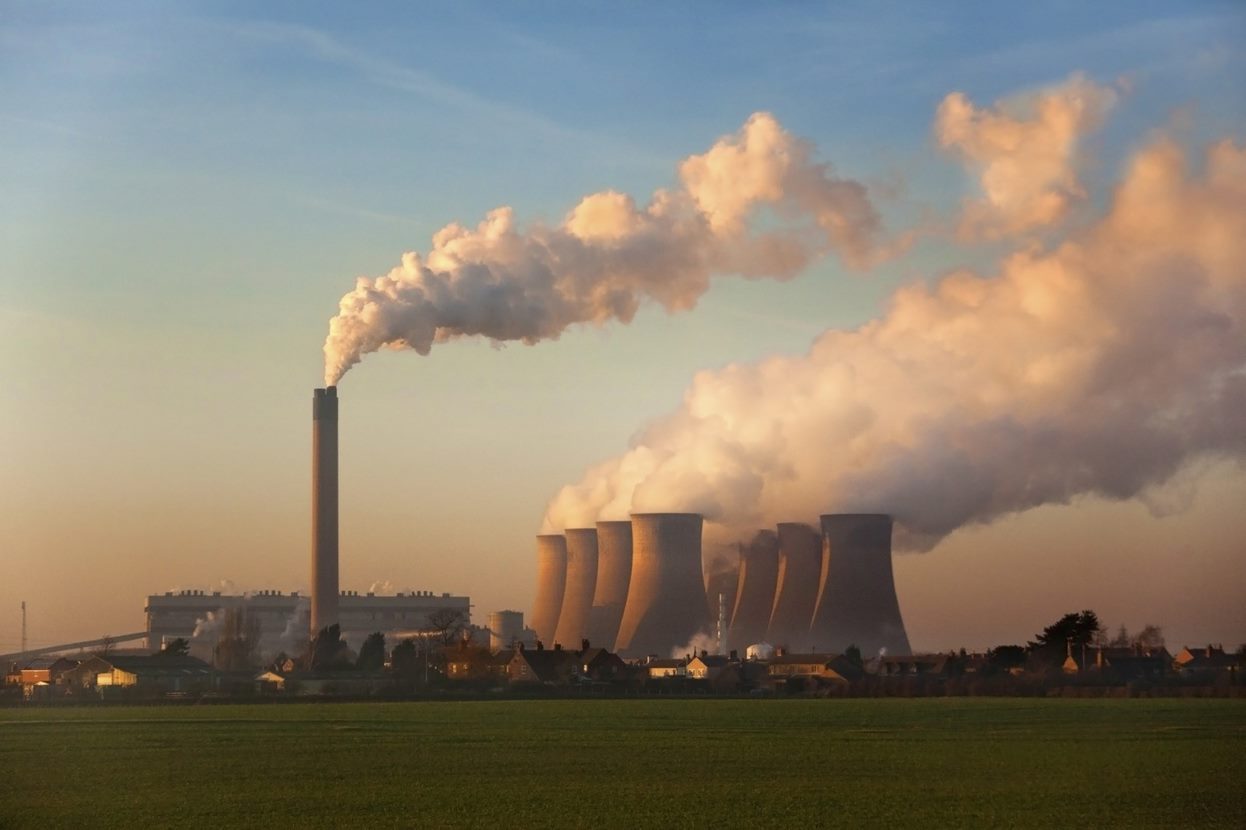Three proposals that should have been adopted at COP27

Takeaways
- Africa contributes less than 4% to global carbon emissions, and yet, it suffers most as a result of climate change.
- Demands by wealthy nations in asking that poor countries similarly adopt cleaner energy technologies when they themselves continue to burn it is hypocritical.
- The three proposals that should have been adopted at COP27 should have included giving more room to Africa to exploit natural gas as transition fuel; develop carbon markets; and swap African external debt stock for climate finance.
Africa contributes less than 4% to global carbon emissions, and yet, it suffers most as a result of climate change. Thus, it is imperative that global stakeholders agree on concessions for Africa at COP27 that ensure that the continent is able to make the transition as painlessly as possible. Climate reparations and compensation by rich countries to their poor counterparts, which are most affected by the effects of carbon emissions from the rich world’s pollution, is on the agenda at COP27, the first time it will be formally tabled since the first COP meeting in Berlin, Germany, in March 1995. In the face of its longstanding energy poverty, what should Africa’s position be at COP27? This is the key question addressed in the research paper.
Recommendations that should have been adopted at COP27
The 5-year continental green recovery action plan for 2021-2027 launched by the AU Commission in July 2021, which emphasises support for renewable energy, energy sufficiency as well as a just energy transition, remains a robust framework for driving the continent’s climate action measures. There is agreement in this regard across most stakeholders. To articulate Africa’s case ahead of COP27, for instance, the Mo Ibrahim Foundation facilitated a forum of experts in May 2022 that recommended that Africa negotiate to secure concessions that balance net zero emission goals, energy access, and energy security and keep gas as a transition fuel in tandem with renewables. In the same vein, the African Development Bank (AfDB) and the Atlantic Council facilitated a forum of experts in July 2022 to discuss how to make a robust case for a just energy transition for Africa at COP 27 with similar recommendations.
In light of these considerations, the following recommendations should have been adopted at COP27 for the specific African case:
1. Endorse natural gas as a transition fuel for Africa
2. Develop Africa’s carbon market
3. Swap Africa’s external debt stock for climate financing
Dr. Rafiq Raji is a CAS research fellow based in Nigeria. He is a non-resident senior associate with the Africa programme at the Centre for Strategic and International Studies, Washington D.C.
He was previously an Africa Economist at Standard Chartered Bank in London. He was also previously Head, Advisory & Capital Markets for the securities brokerage arm of Nigeria's Standard Alliance Group. Prior to that, he had investment banking stints with FBN Capital Limited, Vetiva Capital Management Limited and Africapital Management Limited.
A former senior correspondent with London-based New African and African Banker magazines, Dr. Raji has written for Forbes Africa and Africa Investor and has been interviewed by Al Jazeera, CNBC Africa, TRT World, and the BBC.
Dr. Raji holds an MBA from the Lagos Business School, Nigeria and a PhD in Financial Economics from Wits Business School at the University of the Witwatersrand, South Africa.
This report was first published on the NTU-SBF Centre for African Studies (CAS) website:
